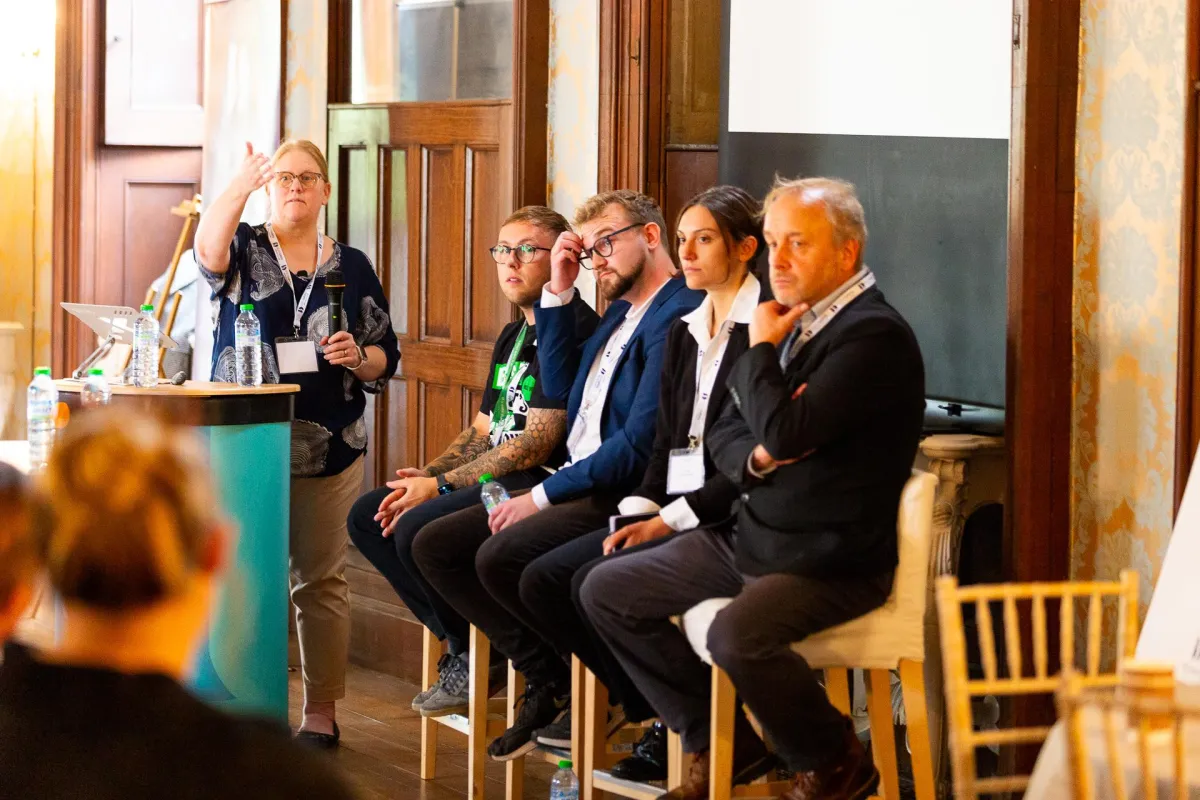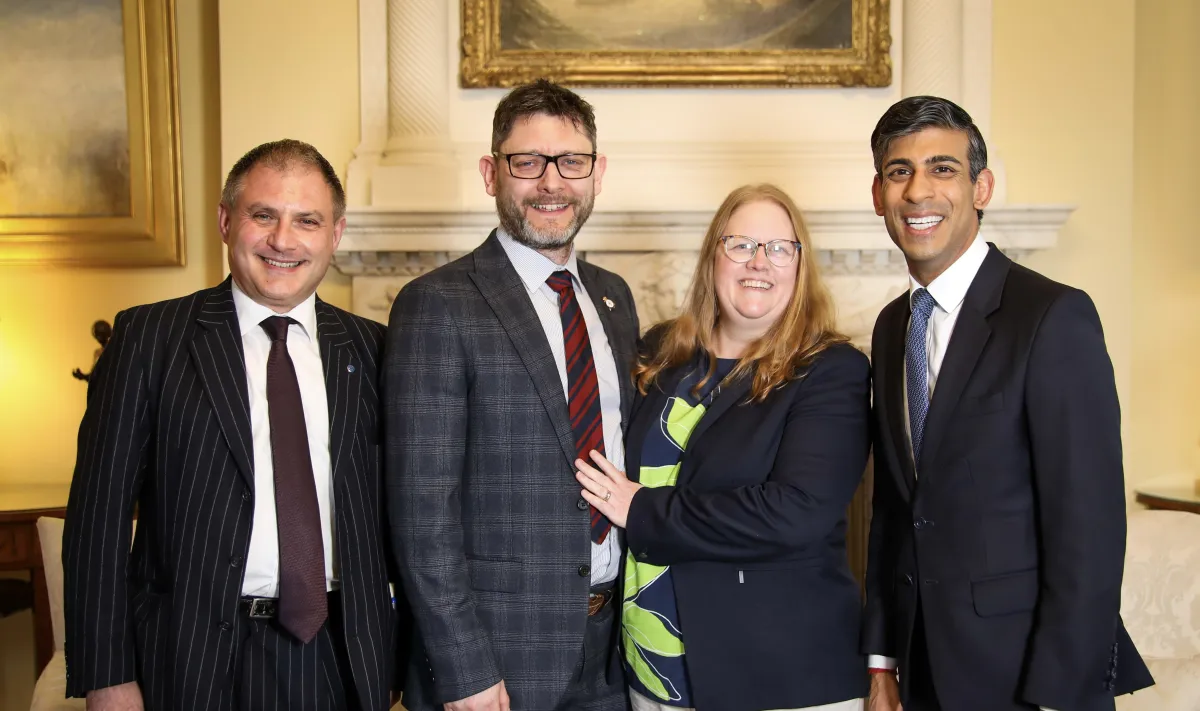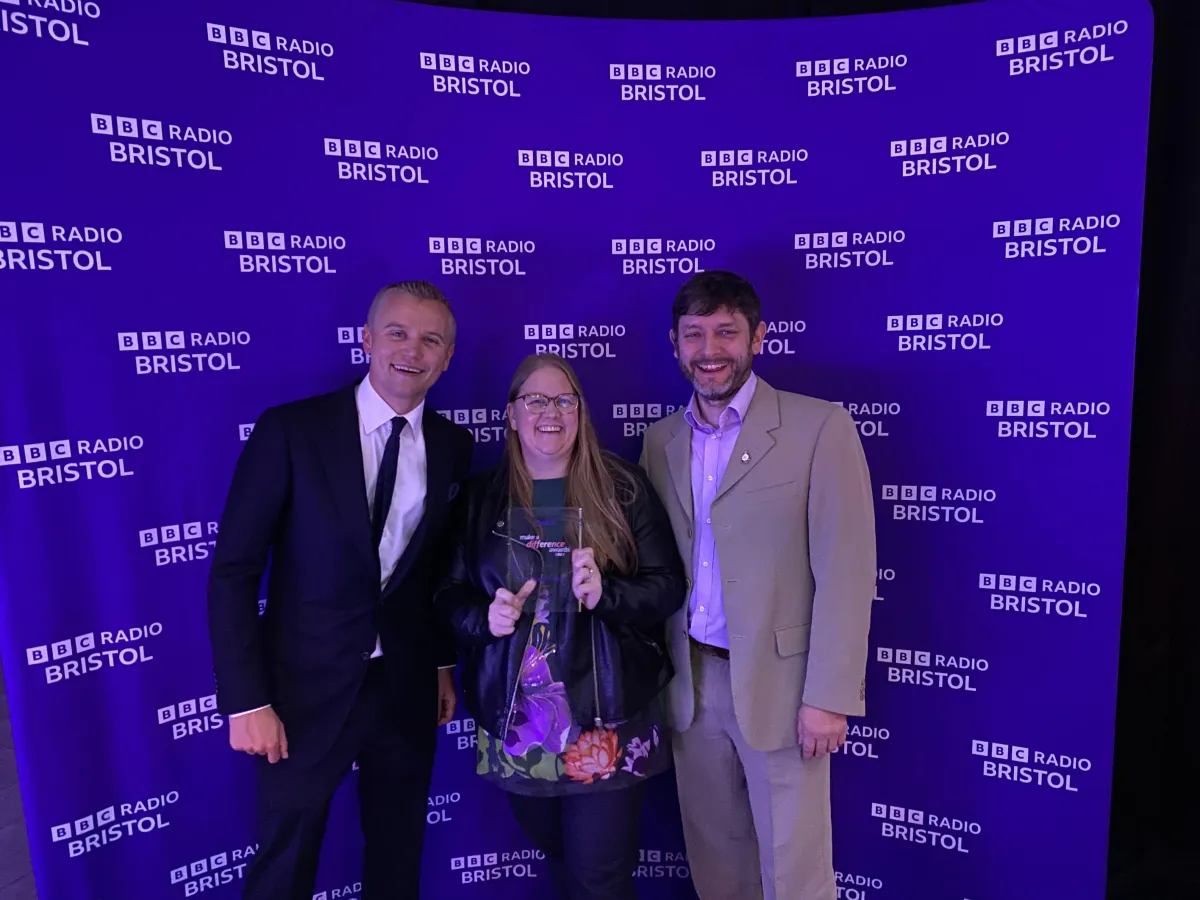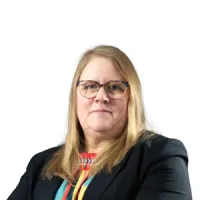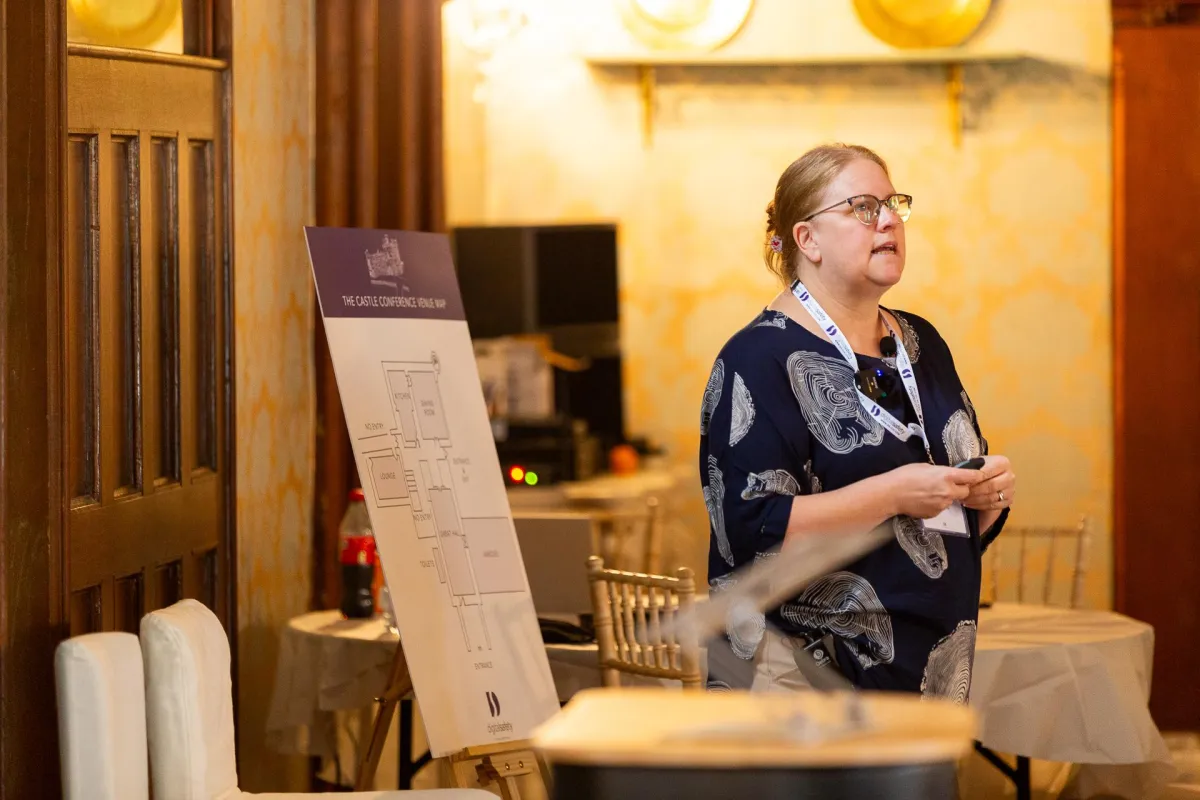
Lucy Smith
Speaker, Facilitator, Compare
Inspiring audiences & making a difference
Neurodiversity | Managing Change | Resilience
Life Stories | Social Enterprise |
Authentic storytelling that makes a difference
Hi, I am Lucy!
Some people call me the "pocket rocket". I think that is because I have passion and energy to bring out the best in an audience.
I have been working with audiences for almost 25 years in many guises - Lecturer, radio presenter, drama teacher, children's entertainer (I have been a professional fairy) facilitator, compare and speaker.
As a speaker I believe there has to be some substance behind us and I sure have that too. Not being able to settle and always saying "YES" to opportunities has led to a whole lot of experience that informs my work and my presentations.
At my core I am a purpose led social entrepreneur who loves to start a conversation about topics that matter.
I start those conversations with stories some that will surprise and some that will inspire. I talk about some difficult stuff and combine my unique expertise and knowledge.
Relatable, authentic and thought provoking
Lucy x
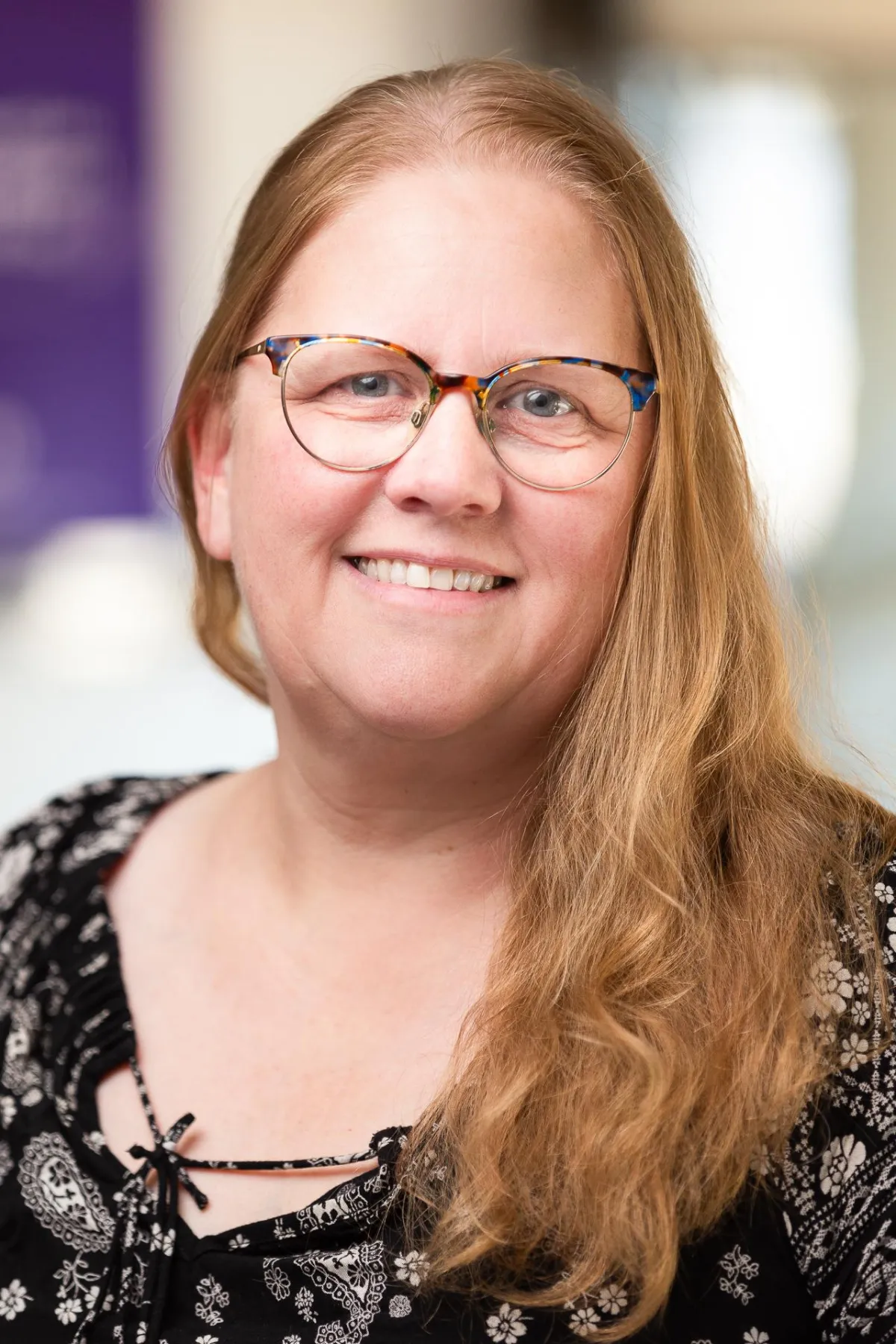
Neurodiversity
What is your perspective?
I come from a range of different perspectives when I talk about neurodiversity. From pedagogy, organisation development and leadership, research, personal and family and real lived experience. With a a strengths based approach I talk positively and with passion about change and neurodiversity in work, school and community.
I engage audiences to get them thinking and start conversations that will make and does make a lasting difference.
Change Management
Let me meet you at your
bus-stop
In the world of change management, it's not about imposing a new route; it's about understanding where you're starting from.
I have spent a decade working with senior leaders in transformational change where I have learned that change is often an individual journey and we will all join that journey from a different bus-stop.
I combine theory with reality and always have an eye on the future.
Life Stories
The secret change agent
A wealth of stories based on real lived experience with plenty of lessons for the future. Spilling some my secrets on here would be giving away some of my best work which you will want to hear straight from the source.
Oh, okay, let's just say I can talk about resilience, royalty, and some really fun stuff from a career in international law enforcement,
Social Enterprise
Making a difference - the torch that lights the stars
Lighting people up to make sustainable change happen is a big part of what I do. From setting up a community radio station to developing an innovative and groundbreaking conference around digital wellbeing and young people.
I talk the talk and walk the walk when it comes to social enterprise, from grass roots to engagement at the highest levels right up to Downing Street.
What do other people say?
Don't take it from me, here is what others say about working with me.
Work with me
Want to work with me?
Book a call to work directly with me.
Choose from 60 or 30 minutes.
A chance to talk about your challenges, ask questions, work through a problem.
It's your call and your time.
Listen online
Podcasts, interviews and YouTube
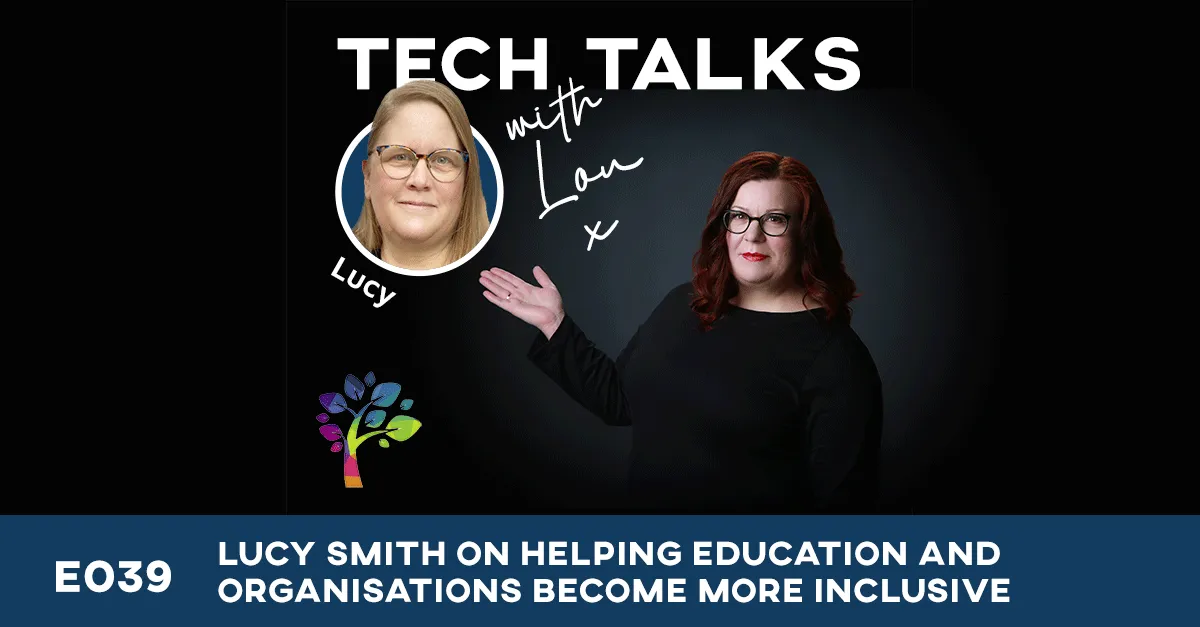
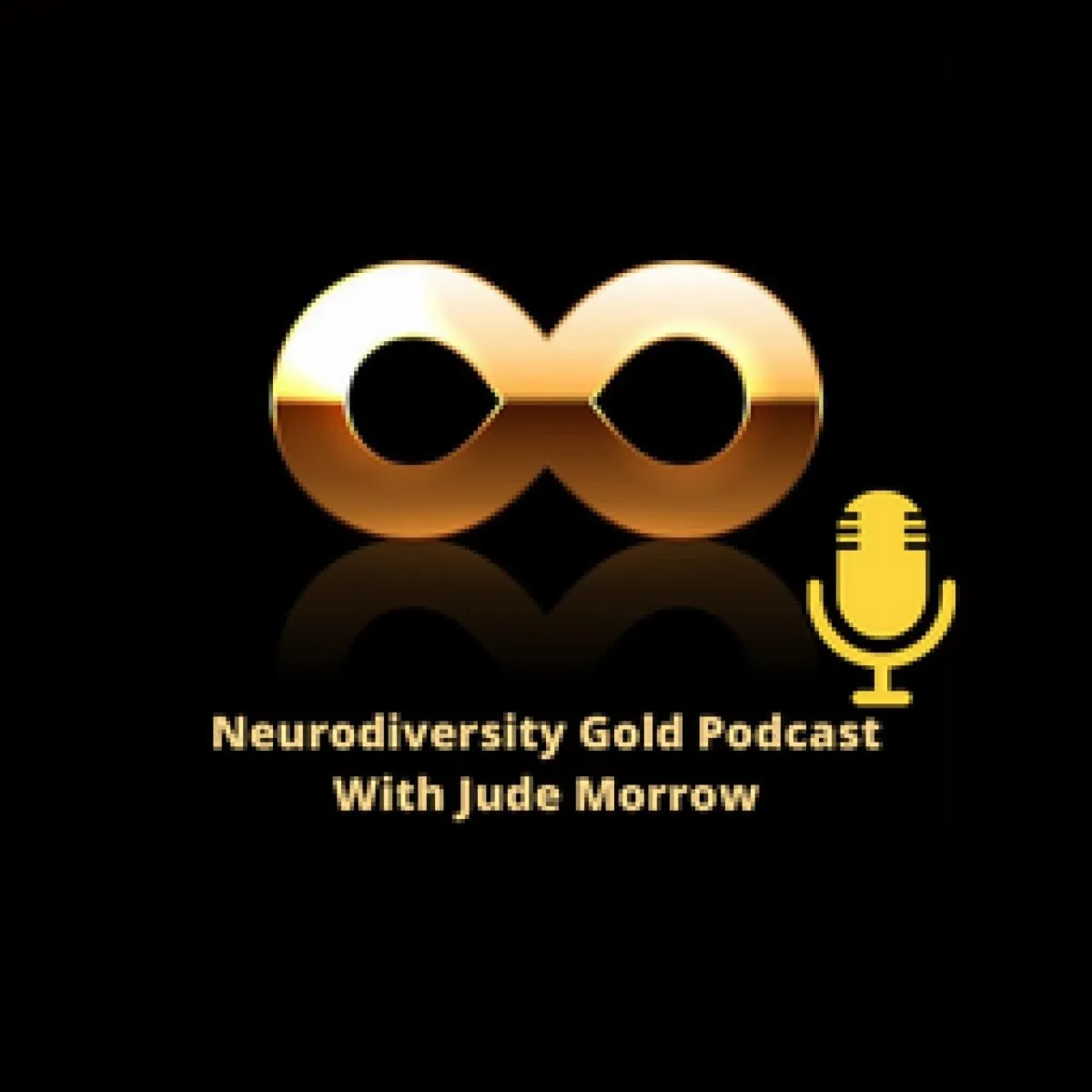
Read more
The blog
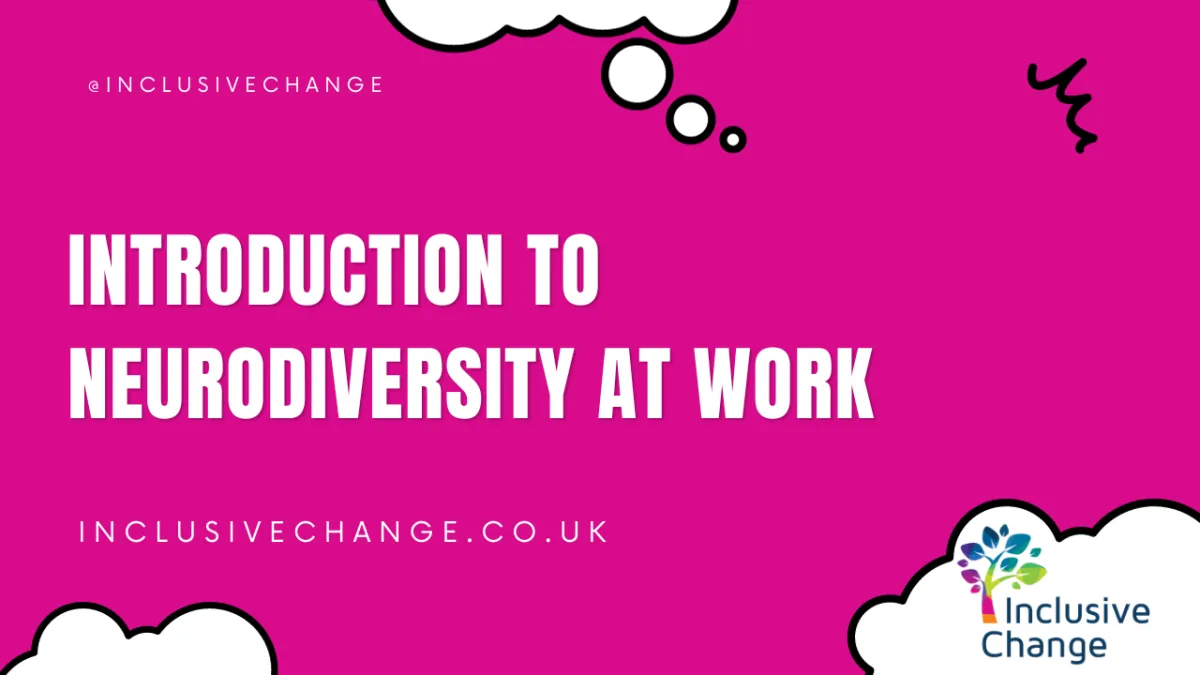
Introducing neurodiversity at work
At Inclusive Change we talk a lot about neurodiversity in the workplace. One of the key questions we get asked is what is neurodiversity? Lucy Smith, founder & director explains the term in this blog.
Introducing neurodiversity at work
Many of you will have heard of people like Richard Branson (Entrepreneur), Will I Am (Musician) Daniel Radcliffe (Actor), Greta Thunberg (Activist) but do you know what they all have in common?
They are all Neurodivergent.
That means that they experience the world, think and process stuff in a way that is different to most people. People who are neurodivergent may be dyslexic, autistic, have ADHD, dyspraxia or Tourette’s syndrome. There are lots of other descriptions and conditions but those are the most well known.
Being Neurodivergent can bring with it some challenges, particularly as an adult trying to get a job, stay in a job or grow in a job. This article isn’t long enough to discuss all of those challenges but if I only tell you that just 22% of autistic adults are in any form of paid employment, as compared to around 80% for the general population, that should give you an indication that there is a significant problem in this area of work.
Neurodivergent Strengths
On the flip side, and something we want everyone to be aware of, neurodivergent people have incredible strengths. From creativity and innovation to hyper focus, an ability to work on complex problems or an incredible attention to detail. Obviously we are all individuals but many neurodivergent people will refer to their strengths as super powers.
The names I mentioned earlier have overcome challenges to be successful in their lives and careers - Richard Branson is dyslexic, Greta Thunberg is autistic, Daniel Radcliffe is dyspraxic, and Will I Am has ADHD.
Neurodiversity is a term that you will hear more about and I truly believe it is one of the most important topics to understand in the next 5 - 10 years in the world of work. Understanding Neurodiversity at Work will bring incredible benefits for employers and organisations and individuals.
Origins of Neurodiversity
The term neurodiversity relates to the natural diversity of human minds, it was first used by Judy Singer, an autistic sociologist back in the late 1990’s - it’s taken a while to gain some traction in the world of Equality, Diversity and Inclusion but now it really is being recognised and organisations are taking action to make changes and embrace neurodiversity.
Neurodiversity isn’t just about a group of people with probtected characteristics like autism or adhd. Neurodiversity is about us all. At the core of the neurodiversity movement is the principle that we are all unique and neurodiversity represents the natural diversity of human brains. It is a subset of biodiversity which is so important for the survival of our planet. Some of us are neurodivergent, which means that our brains process information in a different way to what might be considered typical.
At Inclusive Change we are doing something positive to make a difference for young people and adults who are neurodivergent who may not have the same success as Richard, Simone, Daniel and Emma. We are delivering free training in South Glos & Bristol to organisations who want to find out more about neurodiversity as part of their future recruitment and HR strategies.
Inclusive Change want to start the conversation and get as many organisations talking about neurodiversity in our community. To find out more take a look at our website inclusivechange.co.uk or drop us an email to office@inclusivechange.co.uk







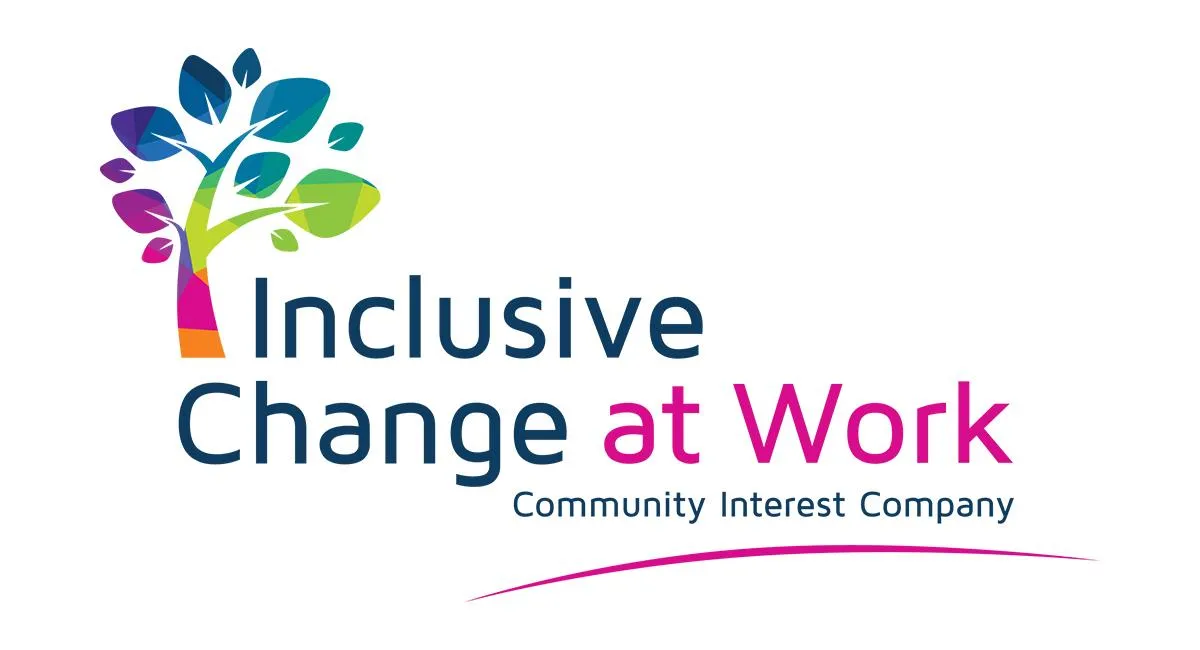





Column Header
Lorem ipsum dolor sit amet consecetuer lorem ipsum
Organically grow the holistic world view of disruptive innovation
At the end of the day, going forward, a new normal that has evolved
Column Header
Lorem ipsum dolor sit amet consecetuer lorem ipsum
Organically grow the holistic world view of disruptive innovation
At the end of the day, going forward, a new normal that has evolved
Column Header
Lorem ipsum dolor sit amet consecetuer lorem ipsum
Organically grow the holistic world view of disruptive innovation
At the end of the day, going forward, a new normal that has evolved
Copyright 2023 - Inclusive Change Ltd
Inclusive Change Ltd
c/o Your Village Shop
Stoke Gifford Retirement Village
Bristol BS16 1YF
UK
Reg no: 12412464
VAT NO: 352 1564 17
ICO Reg: ZB081779
UK Register of Learning Providers: 10090652





